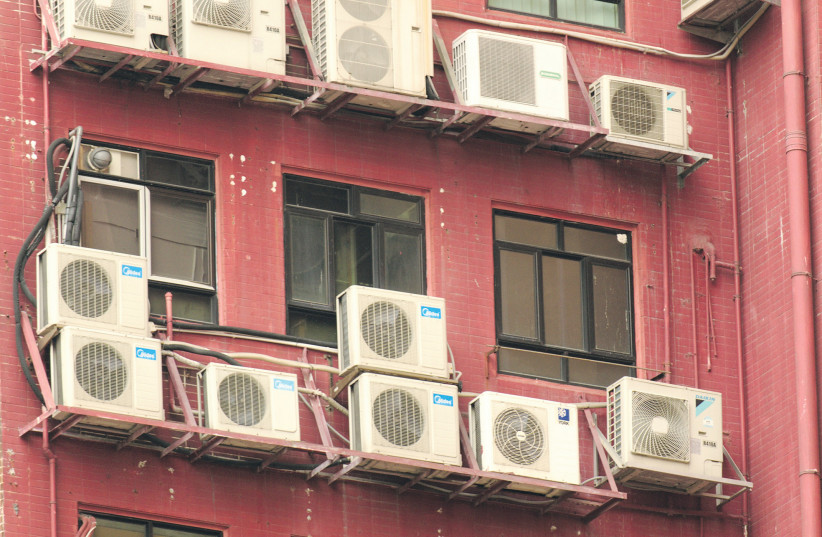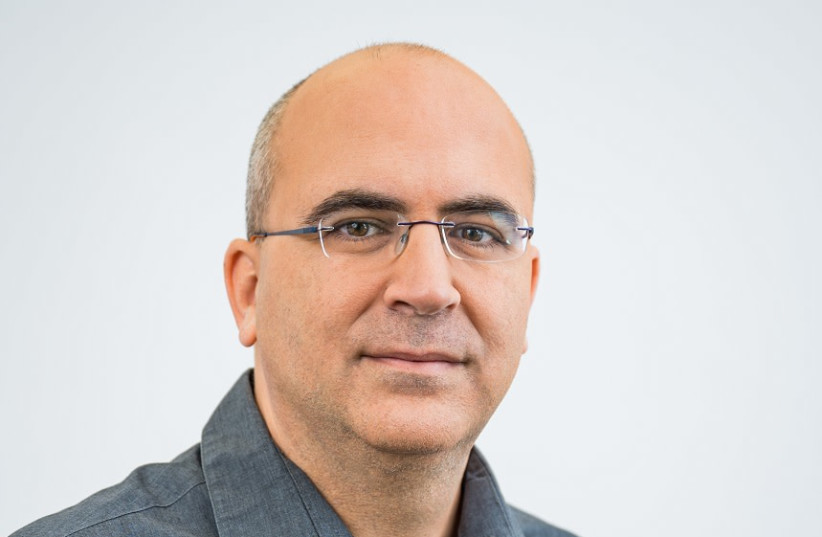Everyone likes an air-conditioned home, but as climate change concerns have gradually risen to a head in recent years, it has become apparent that the use of AC is a significant contributor to global warming. This is due to most AC systems’ use of greenhouse gases as refrigerants – most commonly chlorofluorocarbons and hydrochlorofluorocarbons – and their use of electricity.
“Something like a third of the world’s energy goes into heating and cooling. It’s a huge amount of energy,” said Ran Roth, CEO and co-founder of Sensibo, an Israeli smart AC company. Smart AC works by using advanced sensors, triggers and AI algorithms to vastly optimize cooling and heating, saving users electricity, money and climate-related guilt.
Something like a third of the world’s energy goes into heating and cooling. It’s a huge amount of energy
Ran Roth, CEO and Co-Founder of Sensibo
Until now, contribution to global warming has been the price to pay for a tolerable indoor climate, but recent advancements in smart AC stand to reduce the risk of slowly melting the planet while also keeping us from slowly melting in our living rooms.
Sensibo's flagship Smart AC product, Sensibo Air, is a device that attaches to traditional AC systems and, to put it simply, makes them smart. According to a recent report from the company, in 2022 the company’s products mitigated over 78,800 tons of CO² (and CO² equivalent greenhouse gases), which indicates the massive potential for climate impact that the smart AC industry possesses.
“What began as a desire to come home to a cool apartment during the summer months has evolved into a hotbed of climate technology,” said Roth.

What began as a desire to come home to a cool apartment during the summer months has evolved into a hotbed of climate technology
Ran Roth, CEO and co-founder of Sensibo
Climate Tech’s day in the sun
An interest in promoting and investing in climate solutions has become a defining characteristic of the modern tech environment. As public discourse shifts to focus on corporate responsibility and the future of the planet’s health, investors have been eager to get in on the ground floor.
“We don’t have a lot of time to fix things, and for too long there’s been [too little discussion] about the climate,” Roth said. “Climate tech has recently seen a general increase in awareness, and that’s a very positive thing. The earth doesn’t stop warming just because we’re not talking about it.”
That said, Roth believes that there is still disproportionately little focus on air conditioning solutions within the climate tech industry. “It should take much more space in the climate conversation. People talk about electric cars and the meat industry and concrete, but somehow AC isn’t getting enough attention,” he said. “Smart AC is starting to get more attention, but there’s still a long way to go in terms of awareness.”

Despite the lack of attention in the AC department, the climate tech ecosystem is poised to do great things for the planet. At the UN climate conference in Egypt last November, renewable plastic developer UBQ’s VP of sustainability Rachel Barr noted the vast potential presented by Israeli climate technology advancement.
“The opportunities for technology, start-ups and innovation to deliver solutions on climate are only as limited as our imagination and the ability to find funding,” Barr said, before noting that finding such funding is critical to preserving the well-being of the world. “This is the biggest challenge of our time. If we fail to rise to the occasion there will be massive war, hunger and migration.”
